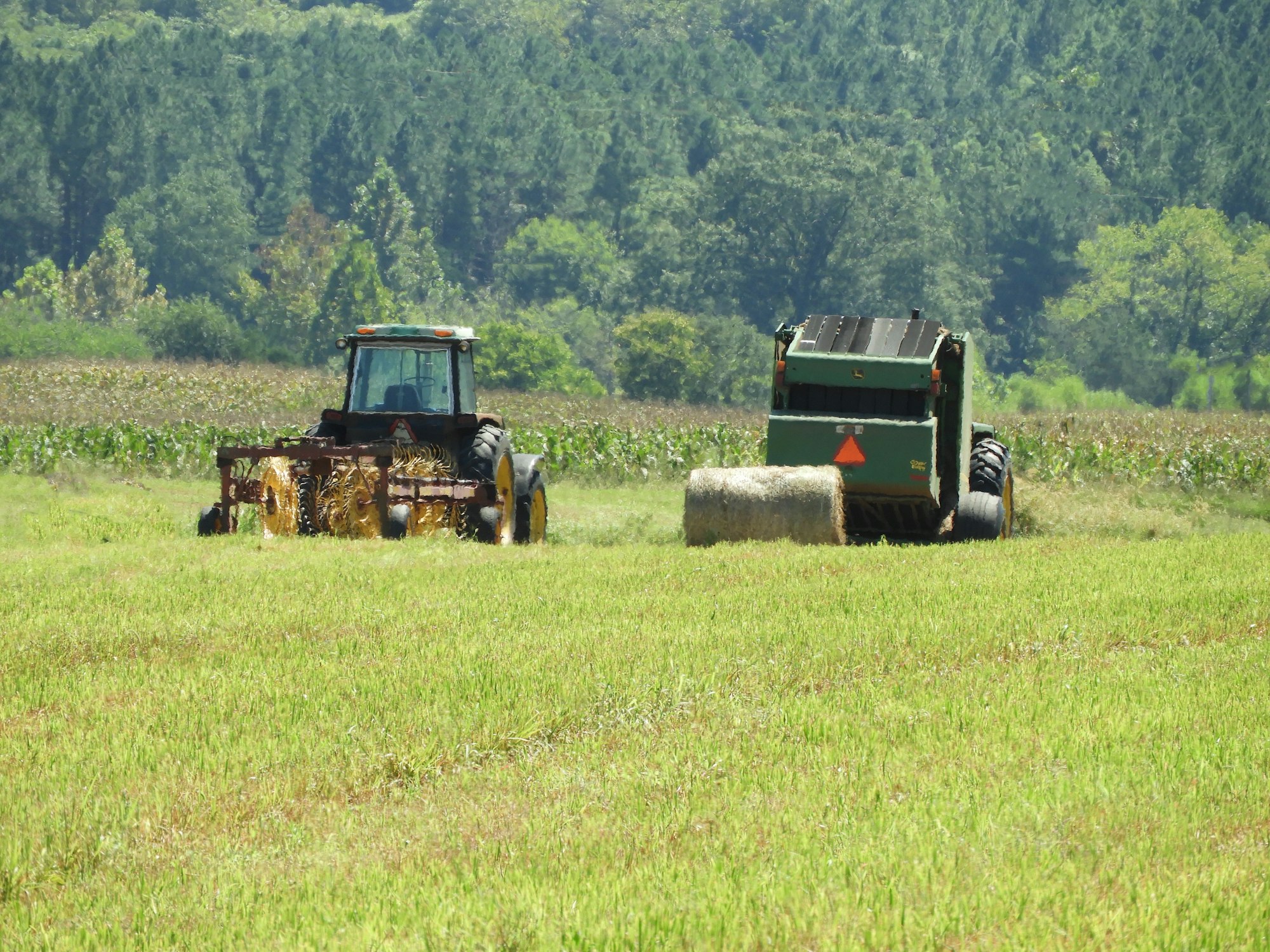Financing Farming Equipment: Options to Grow Your Agricultural Operations
Farming is an essential industry that feeds nations and fuels economies. However, it is also a sector that requires significant investment, especially in equipment. High-quality farming equipment can dramatically increase efficiency, productivity, and profitability, but the upfront costs can be prohibitive for many farmers. Fortunately, financing options are available to help overcome these financial barriers. In this blog post, we’ll explore the various types of farming equipment you can finance to enhance your agricultural operations.
1. Tractors
Tractors are the backbone of modern farming operations. They’re versatile machines used for plowing, tilling, planting, and more. Financing a tractor can be a smart investment as it significantly reduces labor and increases efficiency on the farm.
2. Harvesting Equipment
Harvesting equipment like combines, which can harvest crops such as wheat, corn, and soybeans, is another crucial category. These machines streamline the harvesting process, saving time and labor costs. Financing such equipment can help maintain your farm’s competitiveness and productivity.
3. Irrigation Systems
Irrigation systems, including sprinklers, drip lines, and pivots, are essential for managing water use efficiently, especially in regions prone to drought. Financing an irrigation system can improve water conservation and crop yield, contributing to the long-term sustainability of your farm.
4. Planting Equipment
Seed drills, planters, and air seeders ensure precise seed placement, optimizing germination rates and crop density. Financing planting equipment can help you maximize land use and increase crop production.
5. Tillage Equipment
Tillage equipment, such as plows, harrows, and cultivators, prepares the soil for planting by aerating it and incorporating crop residues. Financing these tools can help improve soil health and crop yields.
6. Sprayers
Sprayers are used for applying pesticides, herbicides, and fertilizers. They ensure that crops receive the necessary nutrients and protection from pests and diseases. Financing sprayers can help you manage crop health more effectively.
7. Utility Vehicles
Utility vehicles such as ATVs and UTVs are invaluable for transporting goods and personnel across large farms. They’re also useful for a range of tasks from fence repair to crop inspection. Financing utility vehicles can enhance the overall operational efficiency of your farm.
8. Dairy and Livestock Equipment
For farms specializing in dairy or livestock, equipment like milking machines, feeders, and manure spreaders are essential. Financing these items can help improve animal welfare and productivity, leading to higher quality produce.
9. Storage and Handling Equipment
Grain bins, silos, and conveyors are critical for storing and handling crops post-harvest. Financing these facilities can protect your harvest from spoilage and pests, ensuring that your hard work doesn’t go to waste.
10. Renewable Energy Systems
Solar panels and wind turbines can provide renewable energy to power your farming operations. Financing renewable energy systems can reduce dependence on fossil fuels and lower energy costs in the long run.
How to Finance Farming Equipment
Several financing options are available for farming equipment, including traditional bank loans, equipment loans, leasing, and government programs tailored to the agricultural sector. It’s essential to compare these options and consider factors such as interest rates, repayment terms, and tax implications to find the best fit for your farm’s needs.
Investing in the right farming equipment can significantly enhance the efficiency, productivity, and sustainability of your agricultural operations. With various financing options available, acquiring essential machinery has become more accessible. Whether you’re looking to upgrade your tractor, invest in a new irrigation system, or adopt renewable energy sources, there’s likely a financing solution that can help you achieve your goals. As with any financial decision, it’s crucial to conduct thorough research and consult with financial advisors to make informed choices that align with your farm’s long-term strategy and financial health.


